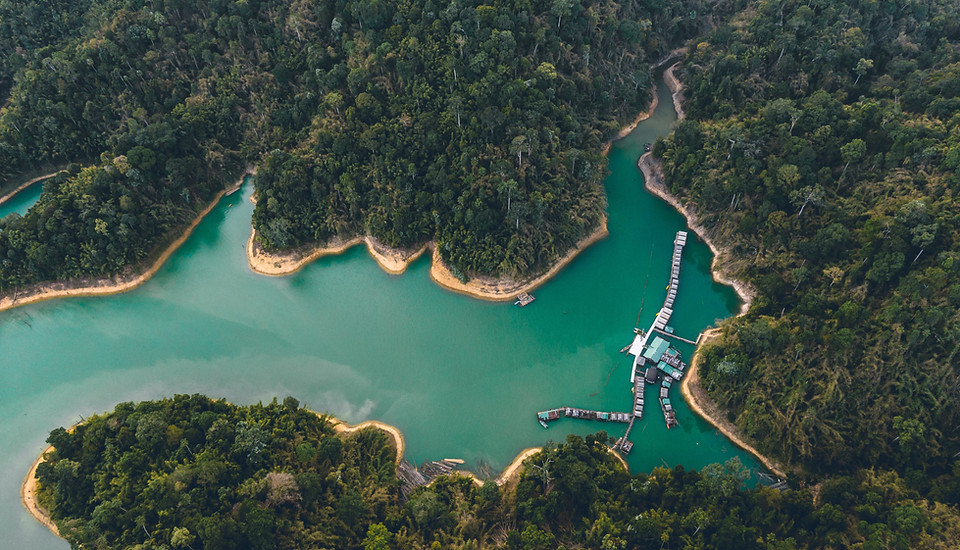GEOGRAPHY

Years 7-8:
At Key Stage 3, students explore a wide range of geographical topics that help them develop a strong foundational understanding of both the physical and human aspects of geography. The curriculum is designed to broaden their knowledge of the UK and the wider world, encouraging curiosity and an appreciation for the diverse environments and people across the globe.
Topics studied include rivers and coasts, where students learn about landforms, erosion, deposition, and the impact of water on shaping the landscape. They also investigate population dynamics, exploring issues such as population growth, migration, and urbanisation, and how these affect different regions.
In addition, pupils study tropical rainforests, focusing on their structure, biodiversity, and the challenges they face, such as deforestation and climate change. They also examine weather and climate, learning about global climate patterns, weather systems, and how climate affects human activity and natural environments.
Through these topics, students develop key geographical skills, such as map reading, data analysis, and enquiry-based learning. The Key Stage 3 programme lays the groundwork for further study at Key Stage 4 and beyond, while also fostering critical thinking and a global perspective.
GCSE:
At Key Stage 4, pupils study the AQA Geography A syllabus, a well-rounded course that provides a thorough understanding of both physical and human aspects of geography. The course is assessed entirely through three final examinations, which together account for 100% of the overall grade. These exams cover three main areas: Physical Geography, Human Geography, and Fieldwork skills.
In addition to developing essential geographical skills such as map reading, data analysis, and interpretation of sources, pupils explore a variety of key topics. These include the changing physical landscape of the UK, ecosystems and their management, the transformation of urban areas, and issues related to global development and inequality.
To enhance their learning and apply their knowledge in real-world contexts, pupils also participate in two fieldwork activities. These practical investigations focus on examining changes in rural areas and studying coastal environments, allowing students to gain hands-on experience in data collection, analysis, and geographical enquiry.